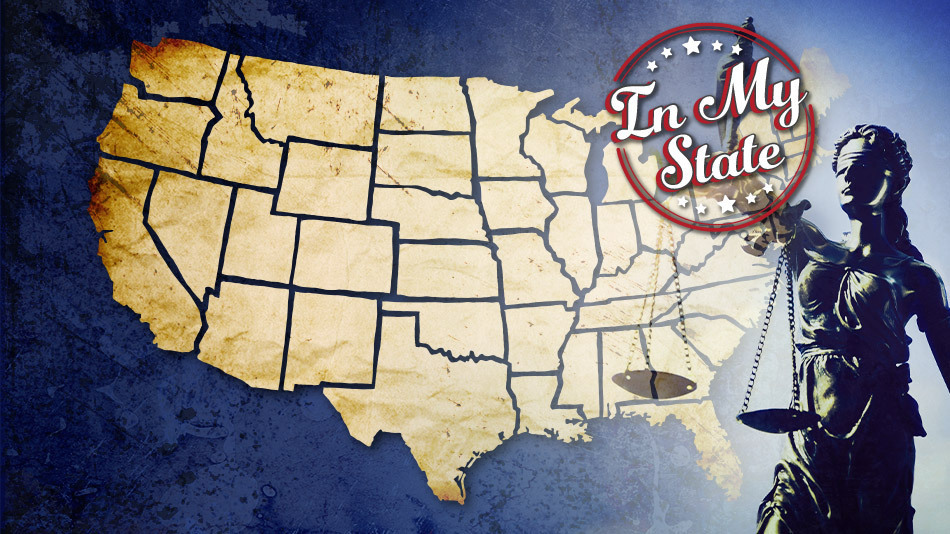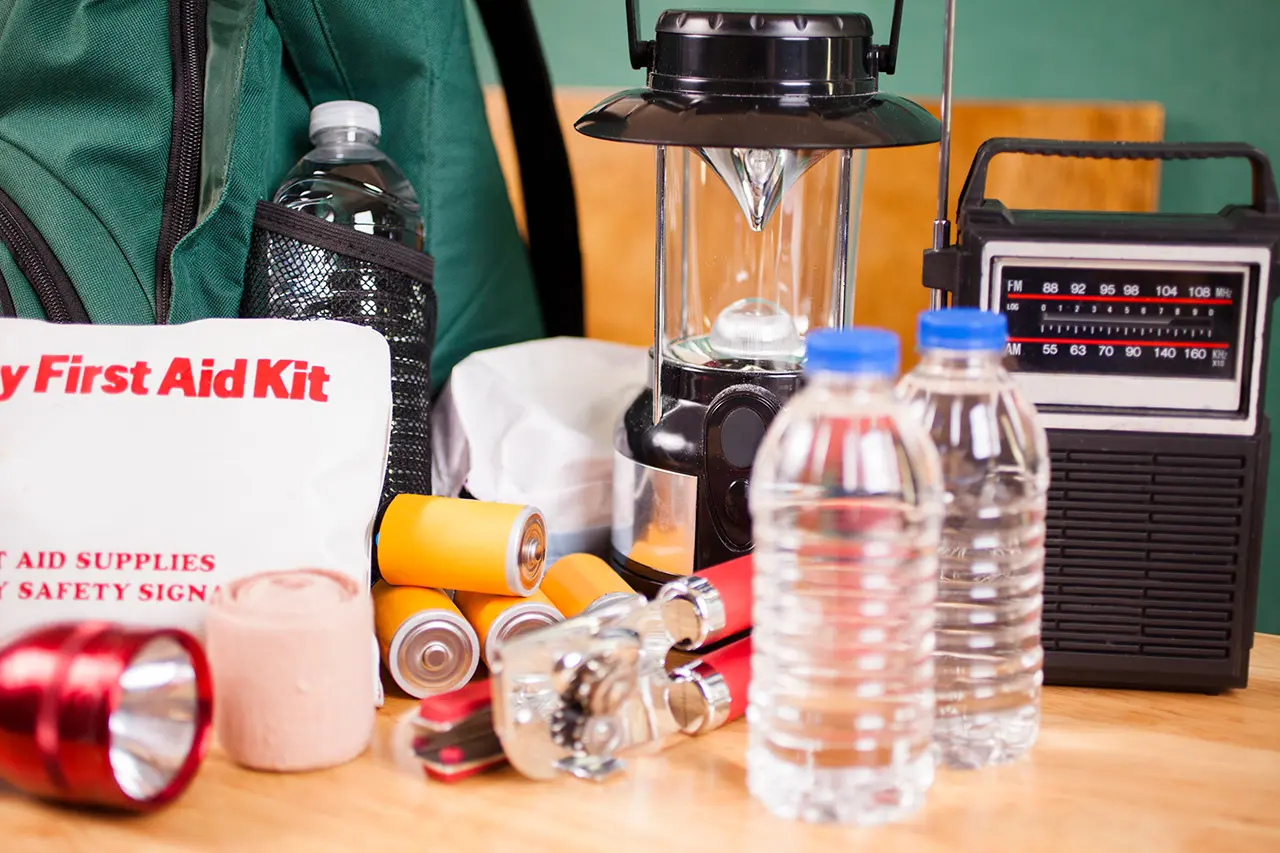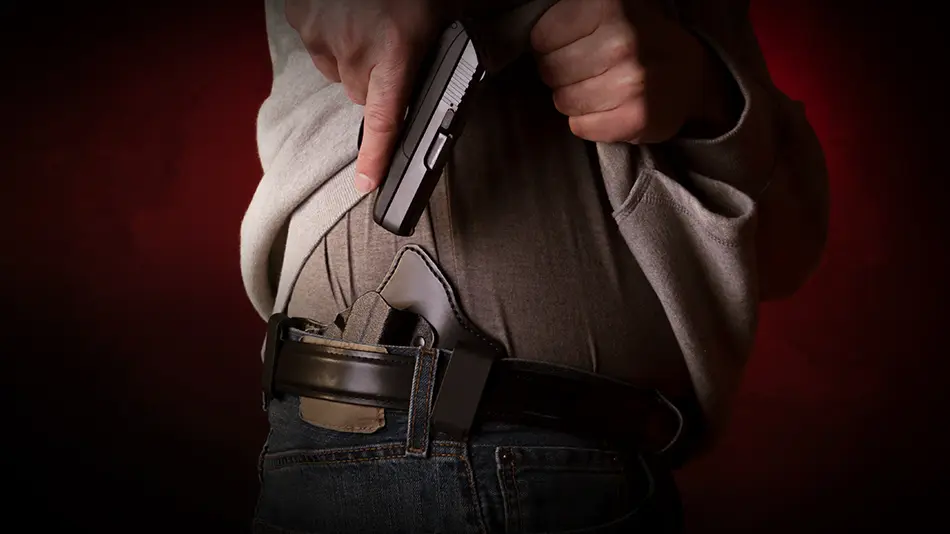
Over the past few months, we have been asked one question more than any other: Can I have a Medical Marijuana Card (“MMC”) and a Concealed Weapon & Firearm License (“CWFL”)? The answer is not simple.
Federal Prohibition / “Prohibited Persons”
The Florida Department of Agriculture and Consumer Services is led by a former lobbyist for the marijuana industry, Nikki Fried. Commissioner Fried has instructed her department to issue CWFLs to those who hold Medical Marijuana Cards and use medical marijuana. To determine if this is legal, we need to look at both federal and Florida law.
Federally, 18 U.S.C. § 922 Unlawful Acts in relevant part reads, “(g) It shall be unlawful for any person—(3) who is an unlawful user of or addicted to any controlled substance (as defined in section 102 of the Controlled Substances Act) to ship or transport in interstate or foreign commerce, or possess in or affecting commerce, any firearm or ammunition; or to receive any firearm or ammunition which has been shipped or transported in interstate or foreign commerce.” Further, the courts have held that, “Congress can regulate, and these laws apply to, purely intrastate activity that is not itself ’commercial’…if it concludes that failure to regulate that activity would undercut the regulation of the interstate market in that commodity.” Gonzales v. Raich, 545 US 1, 18 (2005). Therefore, these laws apply even if the firearm has not been shipped or transported in interstate or foreign commerce.
Enjoying this content? Find out how you can get more sent straight to your inbox.
What About in Florida?
Next, we look at Fla. Stat. § 790.06(n), which expressly forbids the issuance of a CWFL to a person prohibited from possessing a firearm under federal law. In relevant part, it reads, “The Department of Agriculture and Consumer Services shall issue a license if the applicant: (n) is not prohibited from purchasing or possessing a firearm by any other provision of Florida or federal law.” As previously discussed, those who use marijuana, whether medicinal or not, are disqualified from possessing firearms under federal law. Therefore, Florida law clearly prohibits the issuance of a CWFL to any user of marijuana, including those with MMCs.
Due to Commissioner Fried’s directive, the issue now is not whether you can have both an MMC and a CWFL; rather, what happens if you have both an MMC and a CWFL and must defend yourself with a firearm? In the instance of a self-defense shooting, Fla. Stat. § 776.012(2) (our deadly force justification statute) allows you to stand your ground and meet deadly force with deadly force; however, this does not apply if you are involved in criminal activity, in which case you must attempt to retreat if you can do so safely. So, imagine the following: One day, as you finish loading groceries into your car at the supermarket, you notice a man yelling at the other end of the parking lot. He starts to run toward you, and you hear him yell that he is going to kill you. You have time to enter your car but are concerned about several bystanders in the parking lot. So, you draw your firearm and hold it at your side, just in case. As he gets closer, you notice he is holding a large knife. You raise your firearm and end the threat with one shot. During the investigation, it appears that you are going to be cleared.
However, as they are wrapping up the investigation, the State Attorney learns that you have an MMC and that you have regularly filled your prescription. Charges are filed. To make matters worse, you then receive a letter from the Department of Agriculture and Consumer Services, Division of Licensing. It’s an administrative complaint notifying you of their intention to revoke or suspend your CWFL and your right to request a formal review hearing within 21 days.
You file for immunity. The prosecutor argues at your immunity hearing that under Florida law, you had a duty to attempt to retreat and did not have a right to stand your ground since you were involved in criminal activity at the time of the shooting. Even though you have a valid CWFL, the judge denies your immunity motion and sets the case for trial on homicide charges, ruling that since you “illegally” possessed your firearm while being a user of marijuana—a federal crime—your use of deadly force was illegal under Fla. Stat. § 776.012(2) because you did not attempt to retreat prior to using deadly force, even though you were faced with a threat that would cause death or great bodily harm.
Simply put, although you may be able to get both an MMC and a CWFL in Florida, that does not mean you can lawfully possess a firearm under federal law. Those who use marijuana, legally prescribed or otherwise, may not possess firearms. Like it or not, federal law still controls this area, and no state “exceptions” overturn federal authority.
If you have any questions regarding the possession of medical marijuana and a CWFL, or any other firearm-related questions, please give U.S. LawShield a call and ask to speak with your Independent Program Attorney.
Your Protection Starts Here!
The information provided in this publication is intended to provide general information to individuals and is not legal advice. The information included in this publication may not be quoted or referred to in any other publication without the prior written consent of U.S. LawShield, to be given or withheld at our discretion. The information is not a substitute for, and does not replace the advice or representation of a licensed attorney. We strive to ensure the information included in this publication is accurate and current, however, no claim is made to the accuracy of the information and we are not responsible for any consequences that may result from the use of information in this publication. The use of this publication does not create an attorney-client relationship between U.S. LawShield, any independent program attorney, and any individual.





Concerning conceal carry permits, in Oklahoma, your permit “will” be revoked due to just obtaining a MMC!!! I know, It happened to me….I have returned my MMC and are now in the appeal process.
Totally out of line. Suppose you are going to your car after purchasing a bottle of liquor which is not opened and you are forced to shoot someone would the same conditions apply? I say nope.
I was just discussing this topic…..thank you for clearing this up.
In order to qualify for medical marijuana, a prospective patient must meet with a qualified physician and be diagnosed with a qualifying condition.
My doctor has prescribed medical marijuana-i am a armed security guard-will this effect my license & job ?
This article is very helpful. I am also a patient of depression and I use medical marijuana to fight my depression. It is very helpful but we should not use this in the wrong way.
We’re glad you enjoyed it!
I wish this information was more well known. In Florida the agriculture commissioner is misleading people into believing that you can have both. Unfortunately someone will find out the hard way that you cant.
Don’t vote for her when she runs for Governor of Florida. She is a Leftist Radical Democrat…
Nikki has a MMC…she’s a huge proponent for it; she’s also the one in charge of issuing CCWs…if I get arrested, I’m pointing my big, fat finger right at her lol
Even after the USSC last decision on firearm possession ?
I am so happy that OHIO just went rec. This is one step closer to the country going fully legal.
Who would think that OHIO goes legal before TX or some other states?